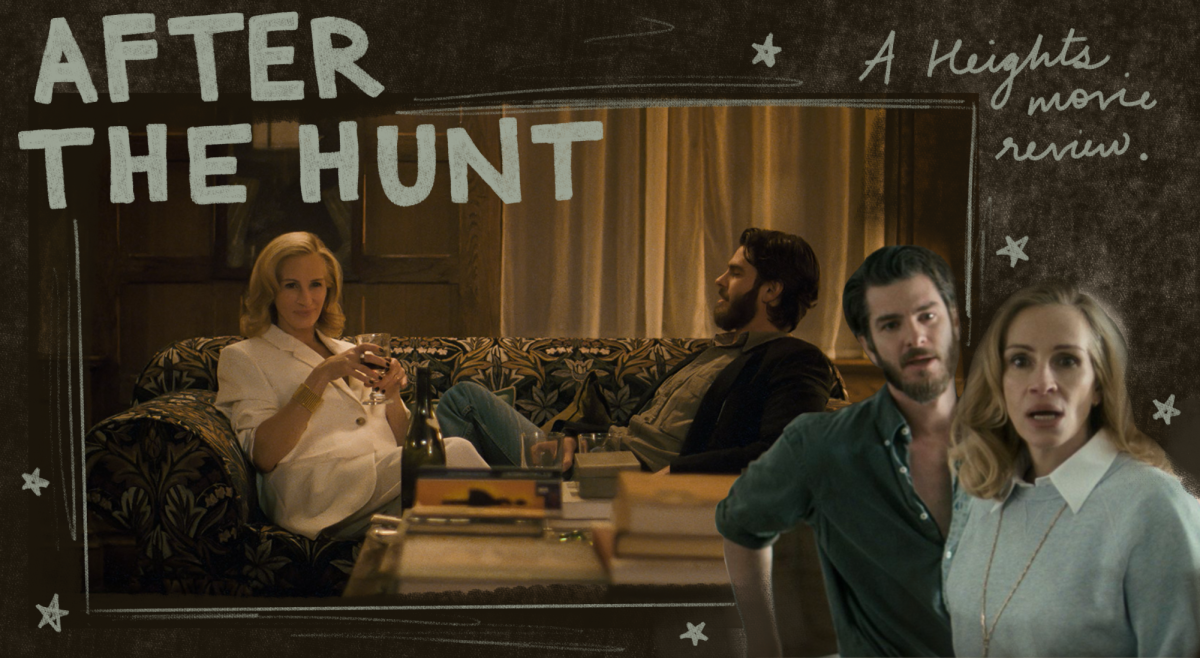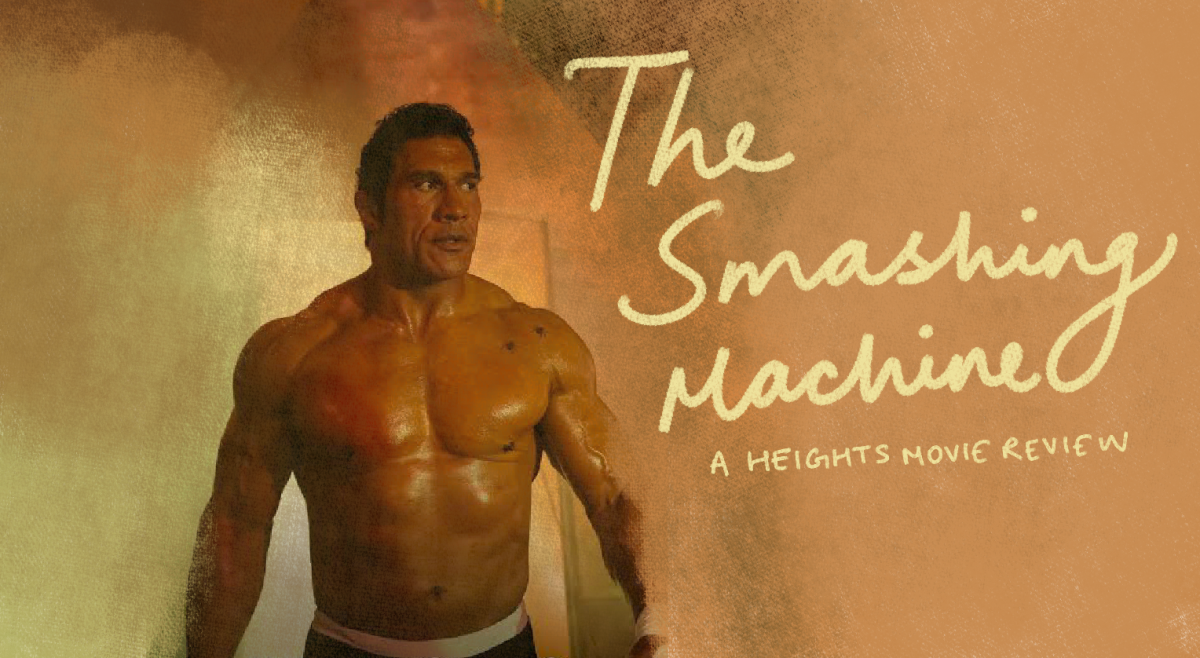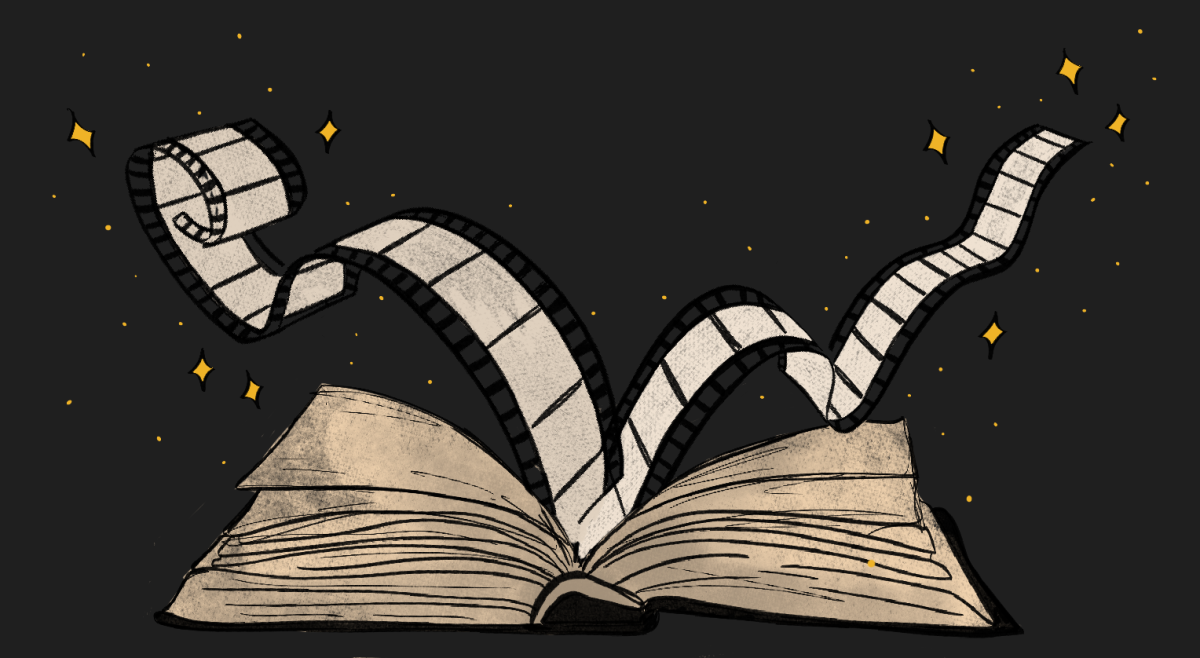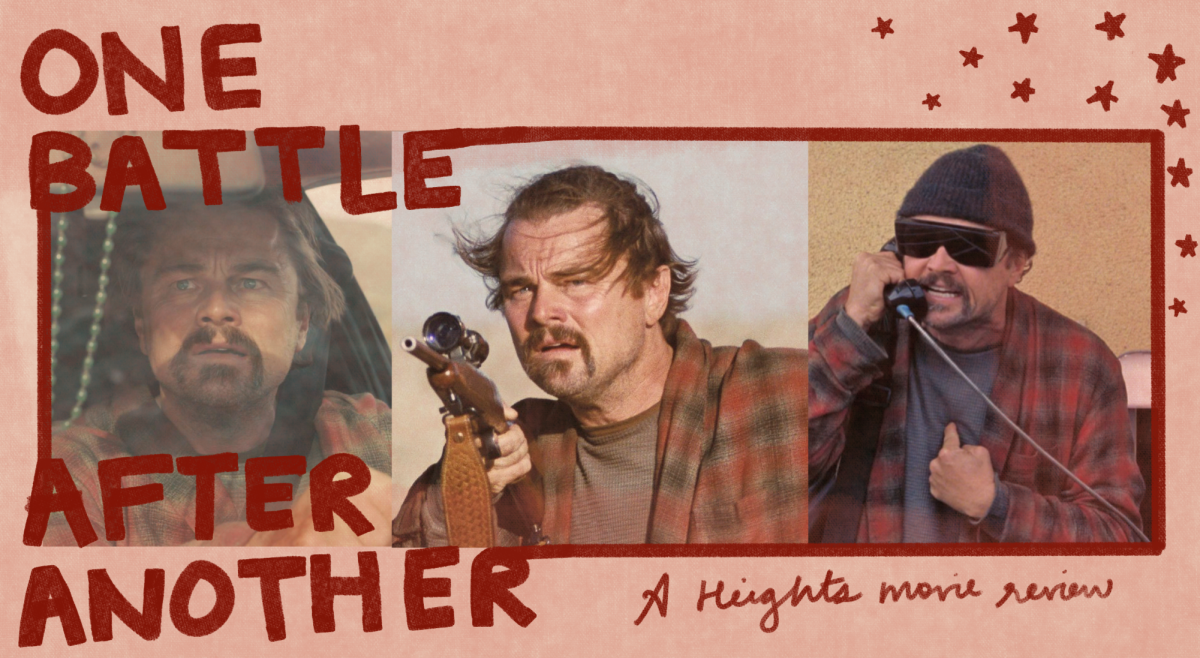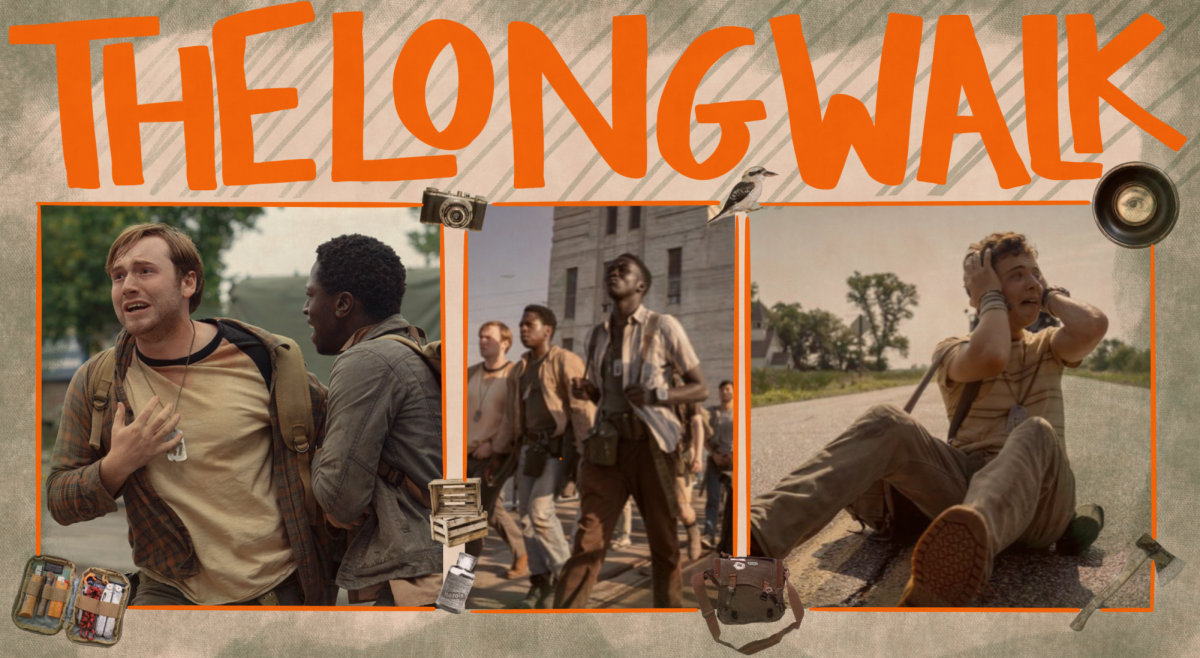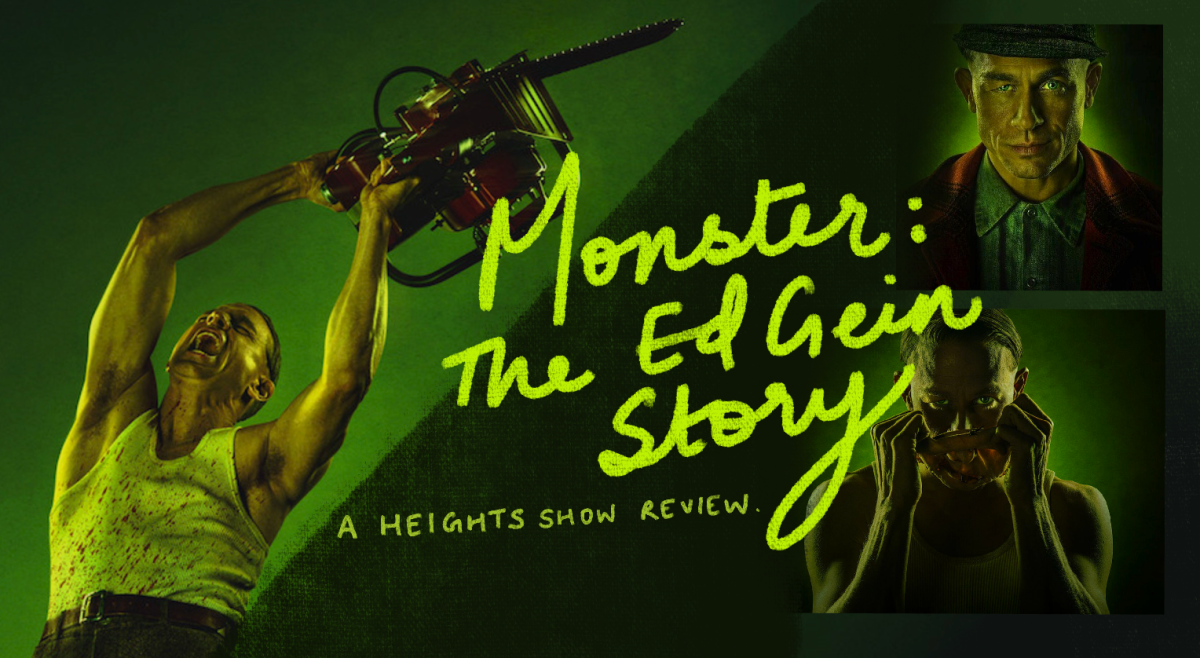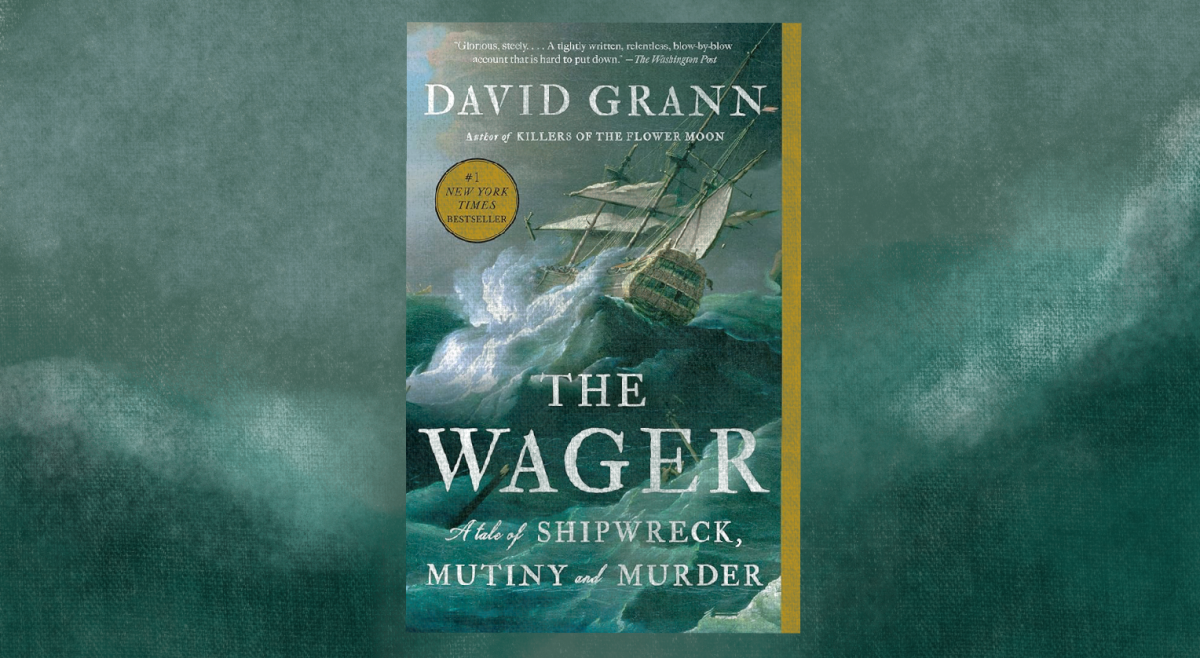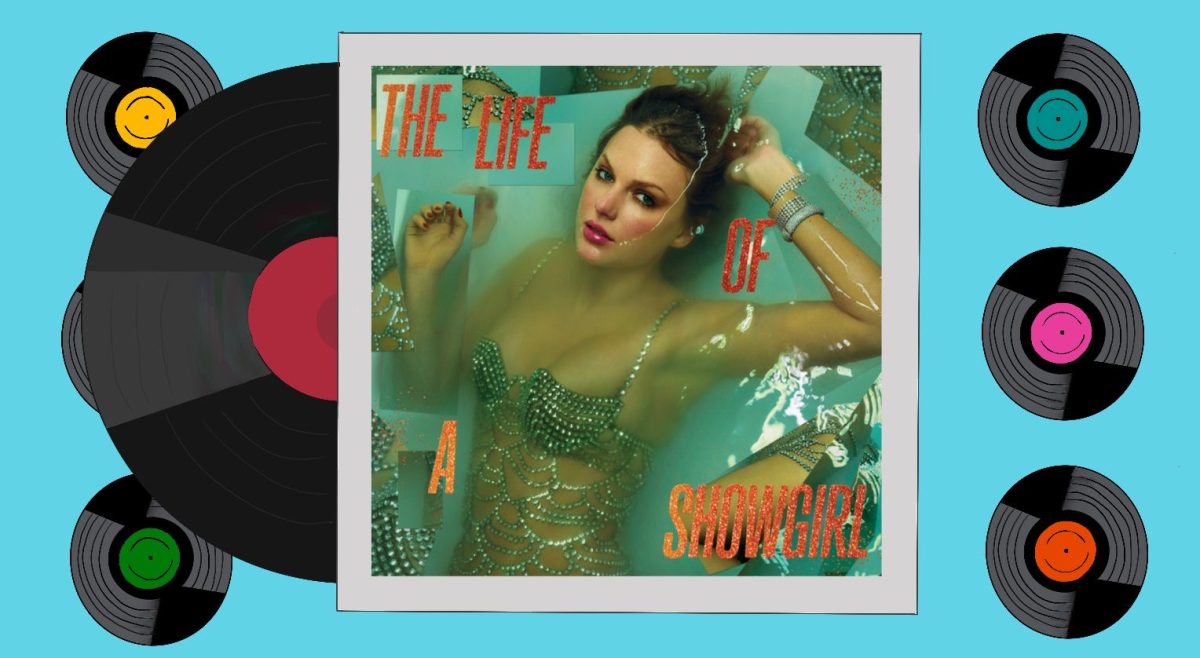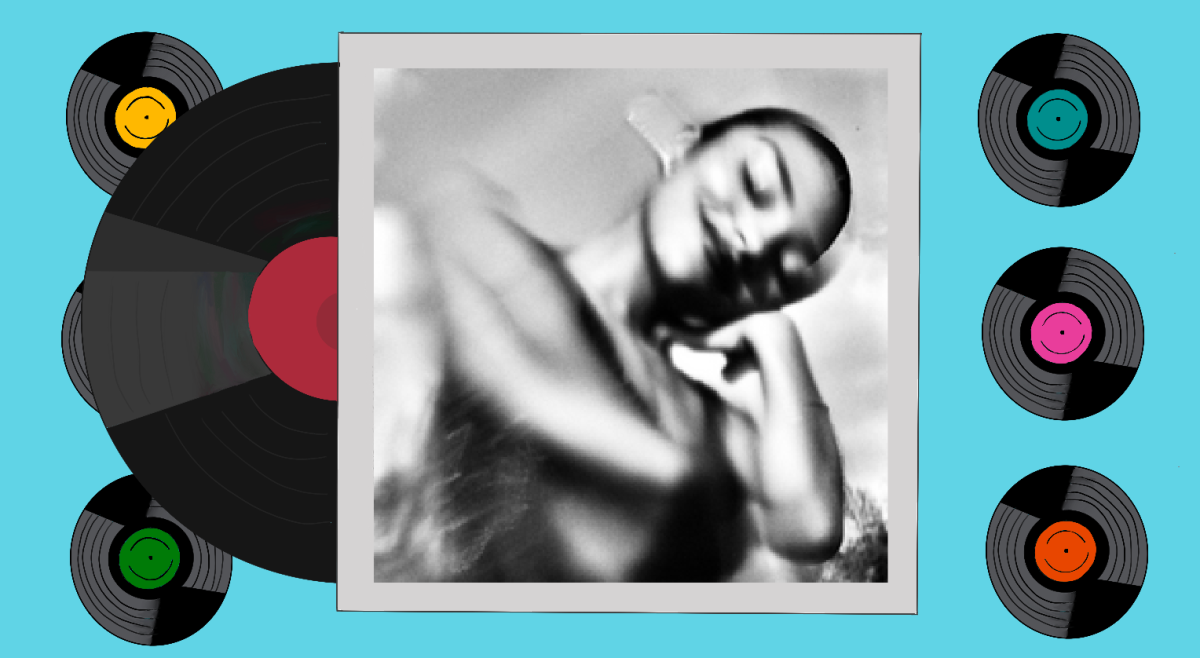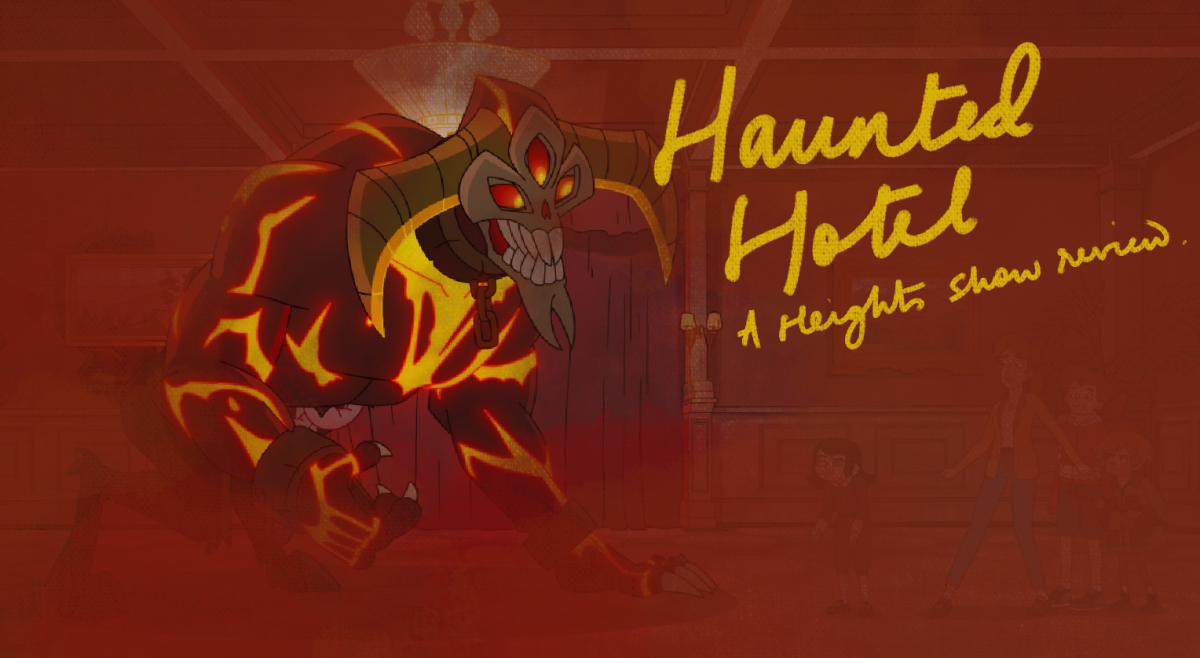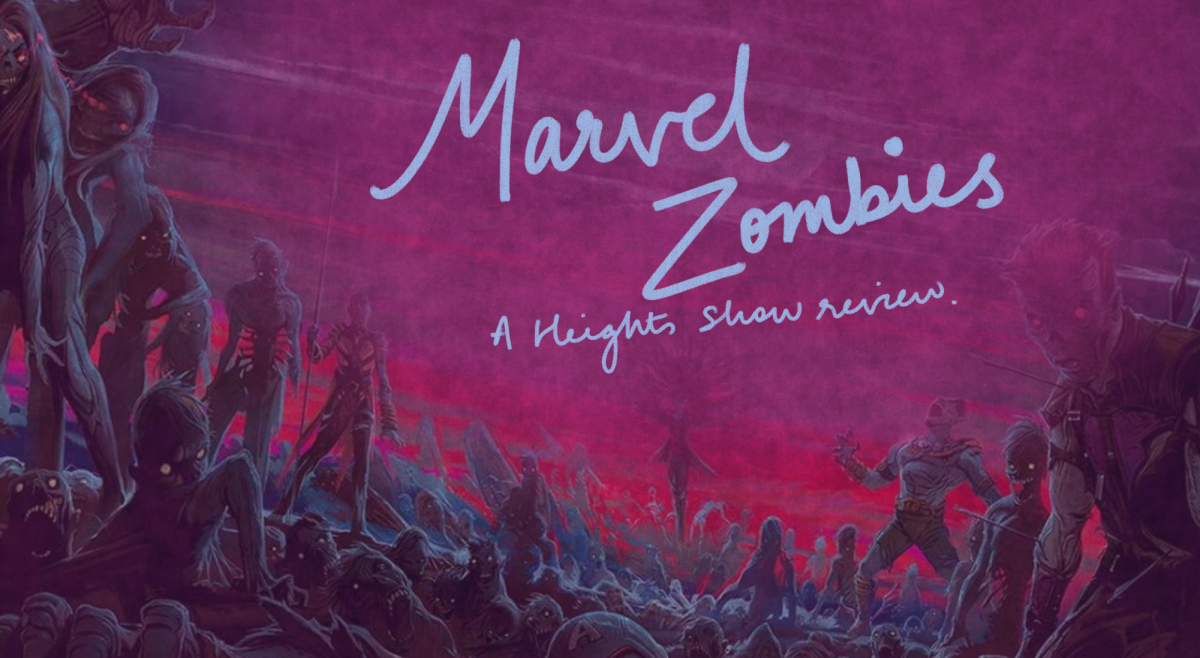Since British author Arthur Conan Doyle first published A Study in Scarlet in 1887, the beloved Sherlock Holmes has remained a popular literary and pop culture icon. The charismatic and witty detective has been the focus of myriad plays, novels, movies, and more for over a century.
Netflix has decided to uphold the tradition—its original film Enola Holmes was released on Wednesday, featuring Stranger Things’ Millie Bobby Brown as Enola and Henry Cavill as her much older brother Sherlock.
Though the story of Sherlock Holmes has been told time and time again, Enola Holmes brings a decidedly entertaining and unique take on the classic tale.
Directed by Harry Bradbeer (Fleabag, Killing Eve) and written by Jack Thorne, Enola Holmes follows 16-year-old Enola, whose mother, Eudoria (Helena Bonham Carter), disappears. Like any good detective movie, Enola goes on a harrowing journey to find her. In the process, she meets a stowaway, Lord Tewkesbury (Louis Partridge), and saves his life. The two form an unlikely friendship—Enola doesn’t like company, considering her name backwards spells “alone”—and end up saving England.
But Enola Holmes isn’t engaging solely because of its interesting plotline. Beyond the drama and suspense of Enola’s adventure lies a truly deep and introspective focus on Enola’s character. The young heroine often rejects the social expectations placed upon her as a woman at the turn of the 20th century.
Besides Enola’s quest to find her missing mother, she’s also under immense pressure from her eldest brother Mycroft Holmes (Sam Claflin) to grow up and become a lady. Whereas Sherlock would prefer to leave Enola to her own devices, Mycroft is insistent that she be properly educated at a finishing school.
Enola was raised in the countryside and says she was taught “reading, science, sports, all sorts of exercise both physical and mental.” This, of course, is the exact opposite of what a typical “feminine” education would look like—Enola never learns to embroider, dance, or have proper manners.
How plausible this type of upbringing is doesn’t matter in the film—the directors take hold of the fictional story and decide to make it a distinctly feminist one. Misogyny is one of the many villains that Enola must defeat, and she battles against it just as strongly as she does the policemen and vigilantes who chase her across England. Enola’s rejection of society’s rules for her—ones that tell her “act, think, be as we tell you”—is an act of rebellion.
Besides just this, there’s another political undercurrent running through Enola Holmes—Great Britain’s Parliament is voting on a reform bill that would expand voting privileges beyond just wealthy landowners. This political discord is played out well in the film, and in some ways mirrors the United States’ current political polarization.
While Sherlock is admonished by Eudoria’s friend Edith (Susie Wokoma) for not getting involved with politics and Mycroft is too obsessed with tradition to support universal suffrage, their mother Eudoria is nothing short of a revolutionary. Enola follows a similar, though less radical, path, saving her friend Lord Tewkesbury so that he can vote in English Parliament. With today’s modern conversations around voter suppression, and the ideological debate about whether the United States’ success lies in tradition or reform, Enola Holmes comes down staunchly on the side of “new thinking.”
The best part of Enola Holmes, even besides its uniquely political and modern take on the classic detective story, is Brown as Enola herself. Brown couldn’t have fit the role more perfectly. She deftly portrays the complexities of a 16-year-old, at once goofy, smart, and emotional. She walks the fine line of Enola’s character—someone who is confident and capable, yet at the same time doubting and scared. Throughout the movie, the audience never loses sight of the fact that Enola is just a girl who has been abandoned by her mother and feels uncertain about her future.
Always one step ahead of her famous brother Sherlock, Enola is intelligent and deeply relatable (who at 16 didn’t sometimes feel alone in the world?). And so, even though the detective trope is a bit of a cliché, Enola Holmes avoids the pitfalls and transforms the story for today’s audience, engaging teens and adults alike.
At the end of the film, Enola stares into the camera and declares, “My life is my own, and the future is up to us.” And though cynics may roll their eyes, Brown’s earnest delivery makes you believe that, just for a moment, even you can change the world.
Photo Courtesy of Netflix




